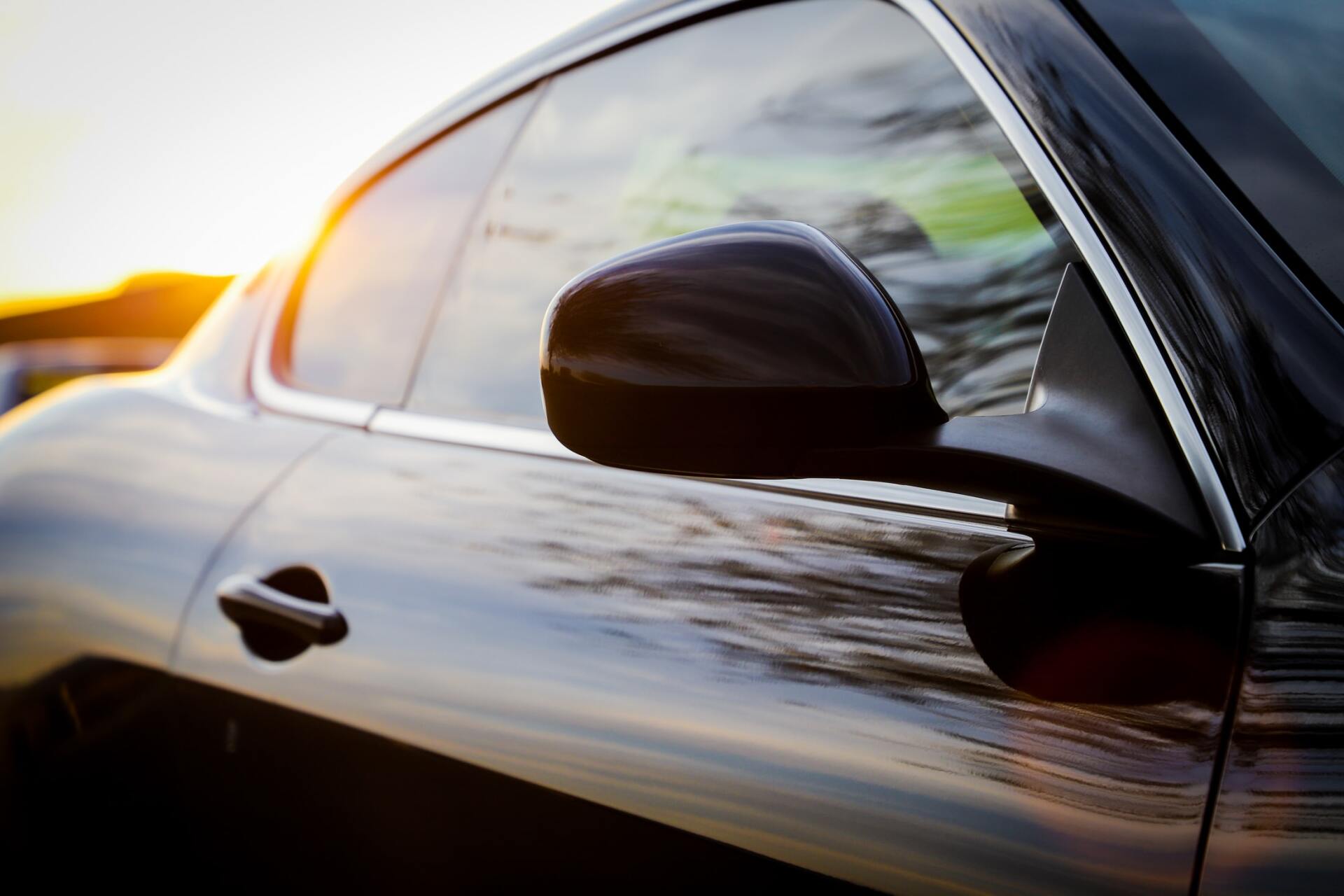CERAMIC WINDOW TINT VS. REGULAR: PROS, CONS & DIFFERENCES
Ceramic window tint and regular window tint are two popular types of window films used in vehicles and.
buildings to reduce heat, window tint glare, and UV rays. Here are some of the key differences, pros, and cons of each:
Ceramic Window Tint:
Ceramic window tint is a high-performance film made from advanced ceramic nanoparticles that are infused into the film. It has a unique ability to block up to 99% of harmful UV rays,
which can damage the interior of your car or building. It also provides superior heat rejection, reducing the temperature inside the car or building by up to 10-15 degrees Fahrenheit.
Pros:
Superior heat rejection: Ceramic window tint is more effective at blocking heat than regular tint, keeping your vehicle or building cooler and reducing the load on your air conditioning.
Better UV protection:
Ceramic tint blocks almost all UV rays, helping to protect your skin and the interior of your vehicle or building from fading and cracking.
Increased clarity:
Ceramic tint has a higher level of optical clarity than regular tint, making it easier to see through.
Durability: Ceramic tint is more durable and less prone to fading or discoloration than regular tint.
Cons:
Cost: Ceramic tint is generally more expensive than regular tint due to its advanced technology and performance.
Installation difficulty:
Ceramic tint is thicker and harder to work with, which can make it more difficult to install and result in higher installation costs.
Regular Window Tint:
Regular window tint, also known as dyed or non-reflective tint, is made by applying a layer of dye between
adhesive layers and a protective top coating. It is the most common type of tint and is often used for aesthetic purposes.
Pros:
Affordable: Regular window tint is the most affordable type of tint available.
Aesthetic appeal:
Regular tint comes in a variety of shades and colors, allowing you to customize the look of your vehicle or building.
Easy to install: Regular tint is thinner and easier to work with, making it easier and cheaper to install.
Cons:
Less effective at blocking heat: Regular tint is not as effective at blocking heat as ceramic tint, which can result in a less comfortable interior temperature.
Less UV protection:
Regular tint does not block as much UV radiation as ceramic tint, which can cause fading and damage to the interior of your vehicle or building.
Limited durability:
Regular tint is more prone to fading and discoloration over time, which can reduce its effectiveness and aesthetics.
Overview of Ceramic Window Tint:
Ceramic window tint is a type of window film used to reduce the amount of light and heat that enters a vehicle or building through its windows.
It is made of a thin, ceramic layer that is placed on the interior or exterior of the glass:
Unlike traditional window tinting films, which are made of metalized particles, ceramic tints are composed of non-conductive ceramic particles that are both transparent and heat-resistant.
Ceramic window tint offers several advantages over traditional window tints, including:
Enhanced Heat Rejection: Ceramic window tint is highly effective at blocking heat from the sun, resulting in a.
cooler interior environment. This helps to reduce the load on air conditioning systems, which can lead to lower energy costs.
UV Protection:
Ceramic window tint blocks up to 99% of harmful ultraviolet (UV) rays, which can cause skin damage and fading of upholstery and interior surfaces.
Enhanced Clarity:
Ceramic tints offer excellent optical clarity, without the distortion or haze that can be found in traditional window tinting films.
Durability:
Ceramic window tint is highly resistant to fading, bubbling, and peeling, making it a durable and long-lasting option.
Increased Safety:
In the event of a window breakage, window tinting ceramic window tint can help to hold the shattered glass together, reducing the risk of injury from flying glass shards.
Overall, ceramic window tint offers a high level of heat rejection:
UV protection, and clarity, making it an ideal option for those who want to improve the comfort and safety of their vehicle or building while also maintaining a clear view through the windows.

Comments
Post a Comment